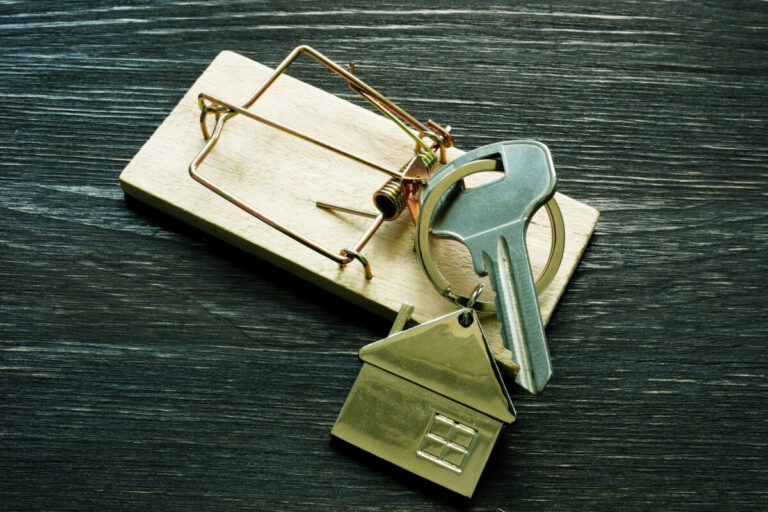
Buying a home is a significant financial commitment, and budgeting for it can be challenging, especially in varying economic climates. Whether the economy is booming or facing a downturn, it’s crucial to have a solid plan to manage your finances and ensure you can afford your new home. Here are some essential tips to help you budget effectively for a home in any economy.
- Assess Your Financial Situation
Start by taking a comprehensive look at your current financial situation. This includes analyzing your income, expenses, debts, and savings. Understanding where you stand financially will give you a clear picture of how much you can afford to spend on a home. Use budgeting tools or apps to track your finances and identify areas where you can cut back to save more for your down payment and other home-buying costs.
- Set a Realistic Budget
Determine a realistic budget for your home purchase. A standard guideline is the 28/36 rule, which suggests that your housing expenses should not exceed 28% of your gross monthly income, and your total debt payments (including your mortgage) should not exceed 36% of your gross monthly income. Use these percentages as a starting point, but adjust based on your financial situation and goals.
- Save for a Down Payment
Saving for a down payment is one of the most critical steps in the home-buying process. Aim to save at least 20% of the home’s purchase price to avoid private mortgage insurance (PMI) and reduce monthly payments. Open a dedicated savings account for your down payment and set up automatic transfers to ensure consistent savings. Consider cutting discretionary spending, taking on a side job, or using windfalls like tax refunds and bonuses to boost your savings.
- Account for Additional Costs
When budgeting for a home, considering all the costs involved, not just the purchase price, is essential. Additional costs include closing, property taxes, homeowners insurance, maintenance, and repairs. Factor these expenses into your budget to avoid any financial surprises. Setting aside an emergency fund to cover unexpected repairs and costs that may arise after you move in is also wise.
- Get Pre-Approved for a Mortgage
Getting pre-approved for a mortgage can help you understand how much you can borrow and your monthly payments. This step also demonstrates to sellers that you are a serious buyer. Shop around and compare mortgage rates from different lenders to find the best deal. Consider locking in a fixed-rate mortgage to protect yourself from interest rate fluctuations, especially in uncertain economic times.
- Monitor the Market
Keep an eye on the housing market and economic trends that could affect your home purchase. In a strong economy, home prices may rise, while in a weaker economy, you find better deals. Stay informed about interest rates, housing supply, and demand in your desired area. Working with a knowledgeable real estate agent can provide valuable insights and help you make informed decisions.
- Prioritize Needs Over Wants
When shopping for a home, differentiate between your needs and wants. Focus on properties that meet your essential criteria, such as location, size, and safety, rather than those with luxury features that may stretch your budget. Flexibility with your must-haves can help you find a home that fits your financial plan.
Conclusion
Budgeting for a home in any economy requires careful planning, discipline, and understanding of your financial situation. By setting a realistic budget, saving diligently, accounting for all costs, and staying informed about market conditions, you can confidently navigate the home-buying process. These tips will help you make a sound financial decision and find a home you can comfortably afford, regardless of the economic climate.










































